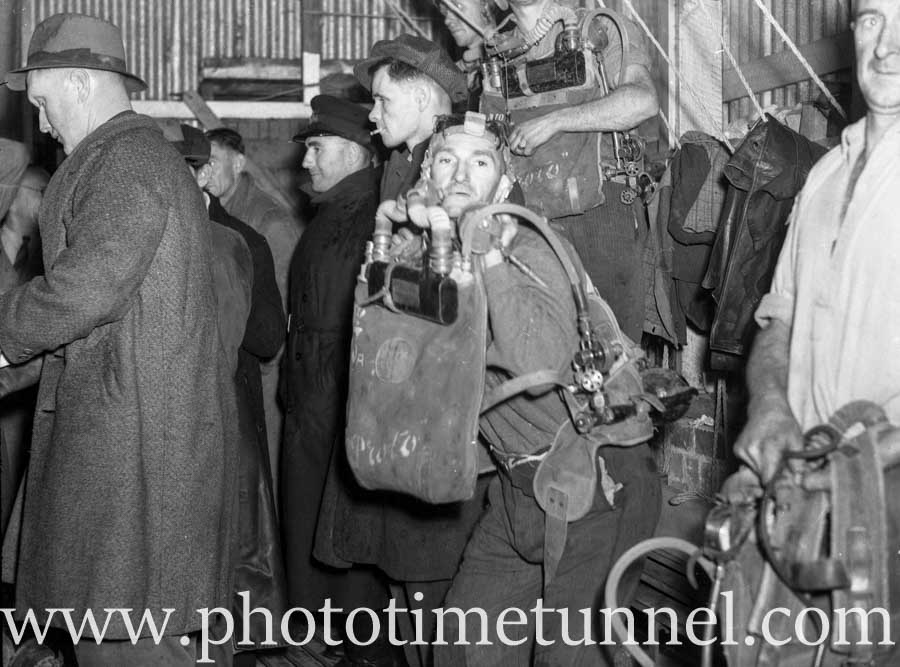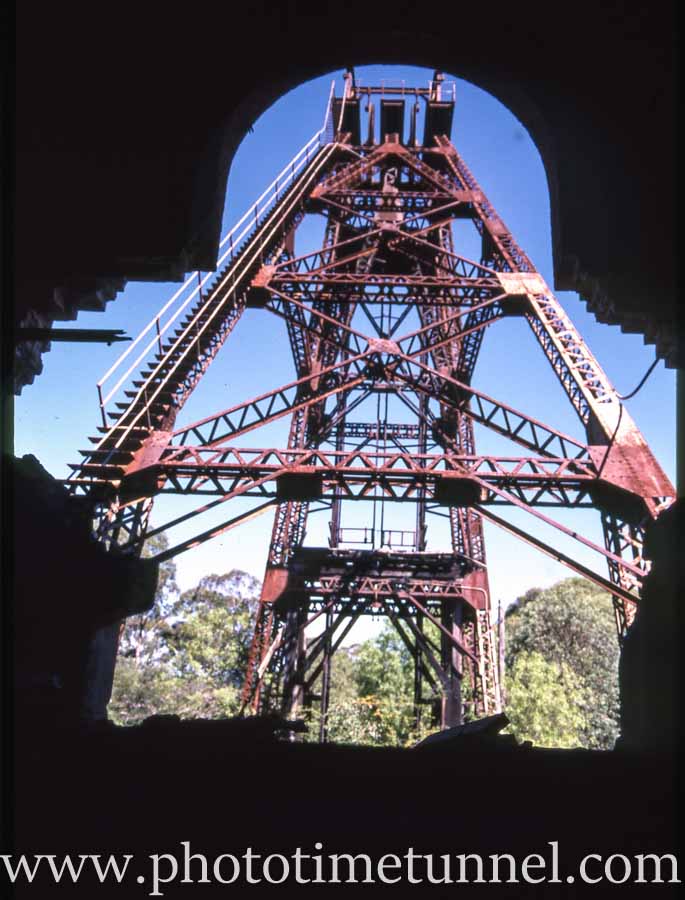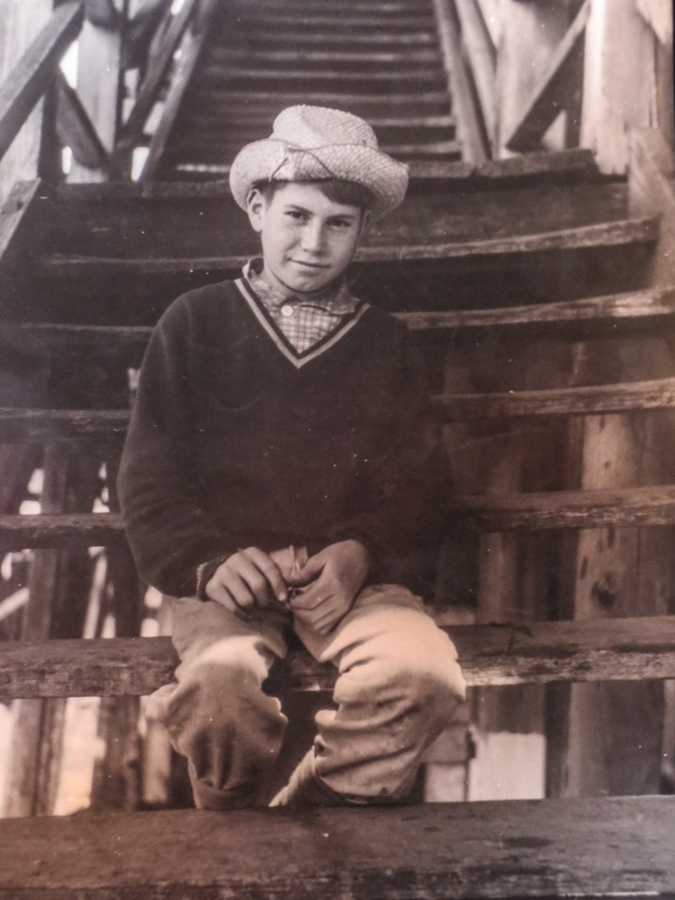
Brave miners re-opened a crippled pit
When Aberdare Central colliery caught fire in July 1942, in the darkest days of Australia’s wartime struggle, 550 miners instantly lost their jobs and the nation was deprived of about 1800 tonnes a day of vital coal. Experts were sure the mine, near Kitchener in the Hunter Valley of NSW, was finished, but mine manager Fred Hemmingway disagreed, asserting that he could beat the fire and get the mine re-opened. A highly experienced miner in his own right, Mr Hemmingway rejected repeated negative reports and eventually got permission to make his attempt. It was a bold…


